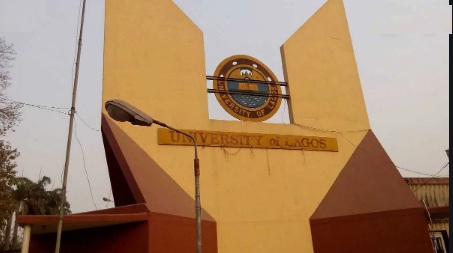Sokoto government to digitalise basic and secondary education — Commissioner
The Sokoto State Government has announced its intention to fully digitalise its basic and secondary education systems within the next two years.
The Commissioner for Basic and Secondary Education, Prof. Ahmed Ala, revealed this during an interview with the News Agency of Nigeria on Monday in Abuja.
Mr Ala stated that a completely digital education system would improve the standard of teaching and learning across the state.
According to him, this would also simplify government oversight of personnel within the system, especially teachers, while enabling effective monitoring of policy implementation in the education sector.
“We want to fully digitise the information system in basic and secondary education in Sokoto State,” he said.
“This will help us to assess teachers’ and principals’ performance on key performance indicators, including teaching and regularity in classes.”
“It will also help us to track how they carry out other functions and keep administrative records,” he added.
Mr Ala noted that, so far, the digital platform had already allowed the state government to evaluate the performance of basic and secondary schools.
According to him, schools scoring 14 points and above are classified as very good, while those with six points or fewer are categorised as poor.
He explained that the initiative, known as the Education Management Information System (EMIS), would offer a highly effective platform for managing data related to infrastructure, ICT, libraries, and other relevant areas.
“The digitisation will also provide ready information to development partners on our weaknesses and strengths. This will help in planning, execution and policy implementation,” the commissioner told NAN.
He added that while EMIS would be used for institutional data, the Teachers Management Information System (TMIS) would serve a similar purpose in managing data for academic staff.
Mr Ala further explained to NAN that the state government remained committed to enhancing the quality of teachers, acknowledging their crucial role in building a literate society.
“We are also radically and vigorously undertaking teacher training because we found out that so many teachers do not have the necessary knowledge, skills, experience and competence to teach in secondary schools,” he said.
“So far, we have done two sets of training, and we have been able to train 2,500 teachers,” he added.









